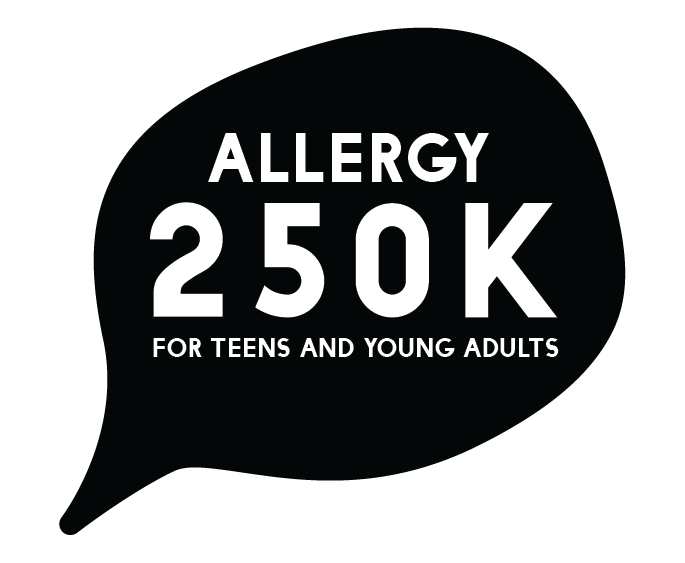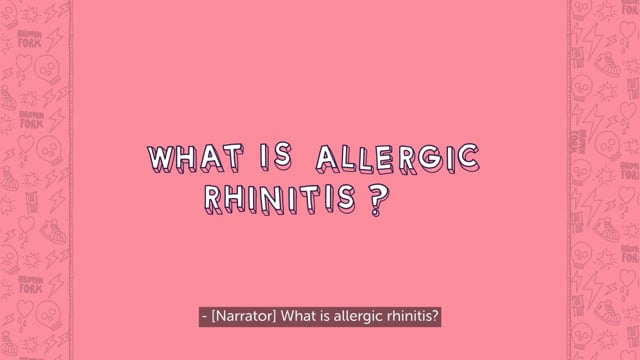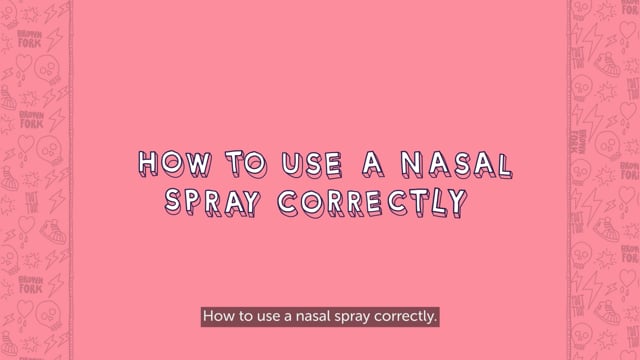Listen Now
Top Tips
- Remember to take your medications – Take your medications for allergic rhinitis as directed by your doctor, pharmacist or nurse practitioner.
- Speak up – Tell your teachers and friends that you have hay fever, it might help them understand your symptoms.
- Watch out – If pollen is the cause, download a pollen counter app for where you live. If the pollen count is high try to spend as much time indoors as you can. If possible, close the windows and doors. Wearing sunglasses, particularly wrap-around ones, can help stop pollen going into your eyes as well.
- Keep it clean – If your hay fever is severe, take a shower and put on clean clothes after being outside – it helps to remove any pollen from your hair, skin and clothing.
Allergic rhinitis
Allergic rhinitis is also known as hay fever. Despite the name, it is not caused by hay and people do not get a fever! Allergic rhinitis is extremely common, affecting around 1 in 5 Australians.
Signs and symptoms of hay fever include:
- a runny nose (clear and watery)
- an itchy nose
- sneezing
- itchy/watery eyes
- blocked nose
- snoring at night
- need to clear your throat
Hay fever is often confused for the common cold as it shares many symptoms.
What causes allergic rhinitis?
Pollens from grasses, weeds or trees, dust mite, mould and animal dander are common triggers of allergic rhinitis. The triggers are called allergens. Allergy testing can be done to identify the allergen/s so you can try to avoid it or reduce exposure to it. Some triggers are easier to avoid than others. Some are seasonal meaning they occur during particular seasons (for example, pollen often in Spring), whereas some triggers cause symptoms all year round (for example, cat hair).
Managing Allergic Rhinitis
Allergic rhinitis can be tough to live with. It can affect your ability to sleep soundly, do school work, do activities such as sport, and even socialise. Allergic rhinitis symptoms can get people down, especially when they occur every day. Some people can have mild symptoms and others have moderate to severe symptoms that really impact on their daily life. Having a snotty, clogged, itchy nose and watery eyes, feeling fatigued, and having to clear your throat constantly is not fun! Plus having poorly controlled allergic rhinitis can worsen your asthma, so it is really important to take allergic rhinitis seriously and manage it properly.
As allergic rhinitis affects so many people worldwide, there are lots of treatments available to help people to manage it. These include:
- non drowsy antihistamines (taken as tablets, syrups, nasal sprays or eye drops)
- nasal sprays containing only steroids and nasal sprays containing both steroids and antihistamines are the most effective treatments, and for optimal effect should be used routinely during the periods when you have allergic rhinitis.
- salt water nasal sprays and rinses
- decongestants can also be used to unblock and dry the noise but they should not be used for more than a few days at a time as they can cause long term problems in the nose.
Your doctor, nurse practitioner or pharmacist can recommend treatments for allergic rhinitis.
If you have had allergy testing, your clinical immunology/allergy specialist may suggest a treatment called allergen immunotherapy if it is available for the trigger causing your allergic rhinitis (e.g. a specific tree or grass pollen). Allergen immunotherapy is also known as desensitisation and it can help reduce the severity of symptoms or the need for regular medication.
Allergen immunotherapy requires being given the allergen in regular and gradually increasing amounts. This can be done in the following ways depending on the allergen:
- allergen drops or tablets under the tongue daily
- allergen injections monthly (more frequently in the building up phase)
How to use a nasal spray correctly
[how to use a nasal spray correctly animation]
This project is proudly supported by an independent grant from Sanofi.


